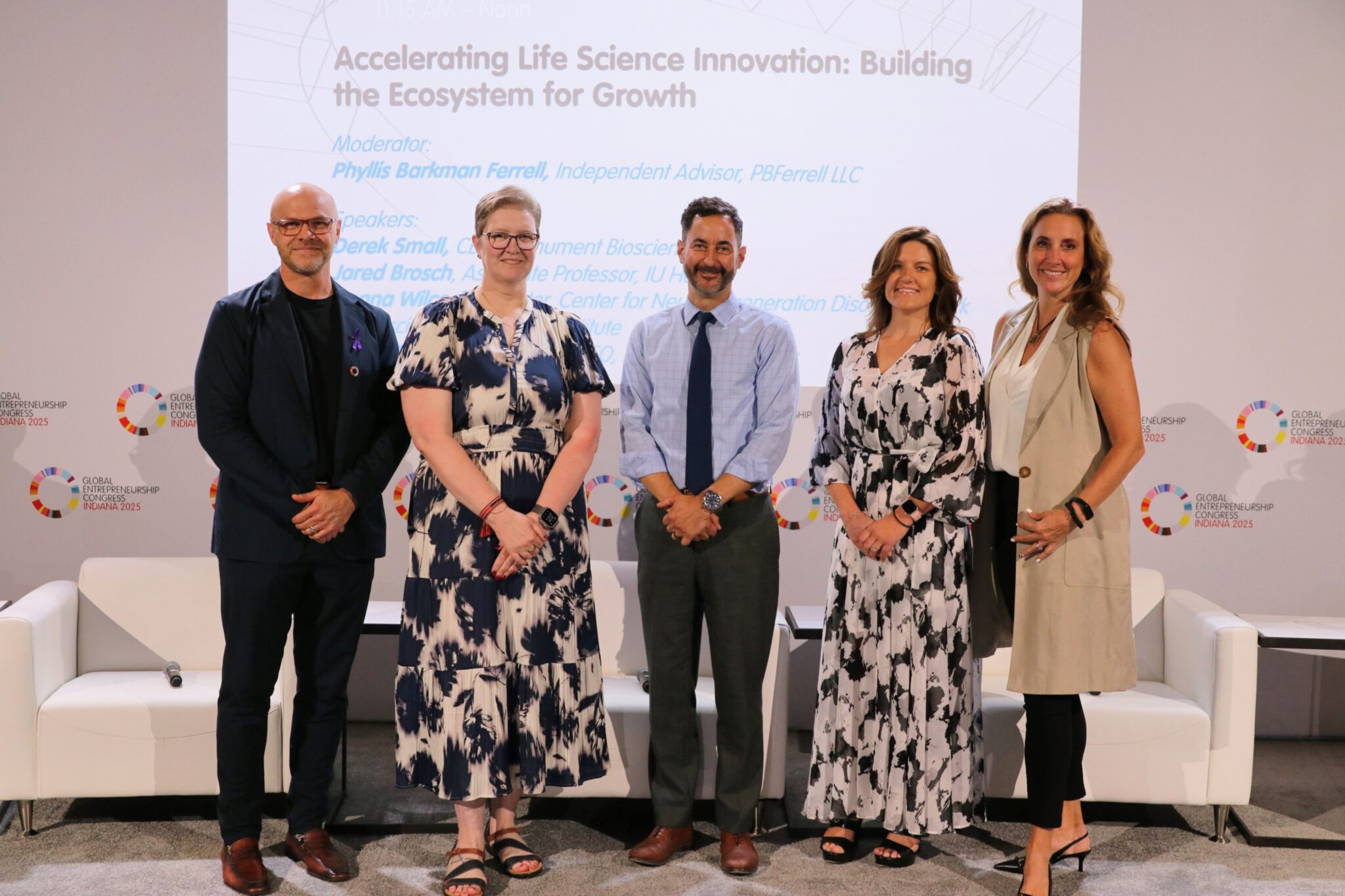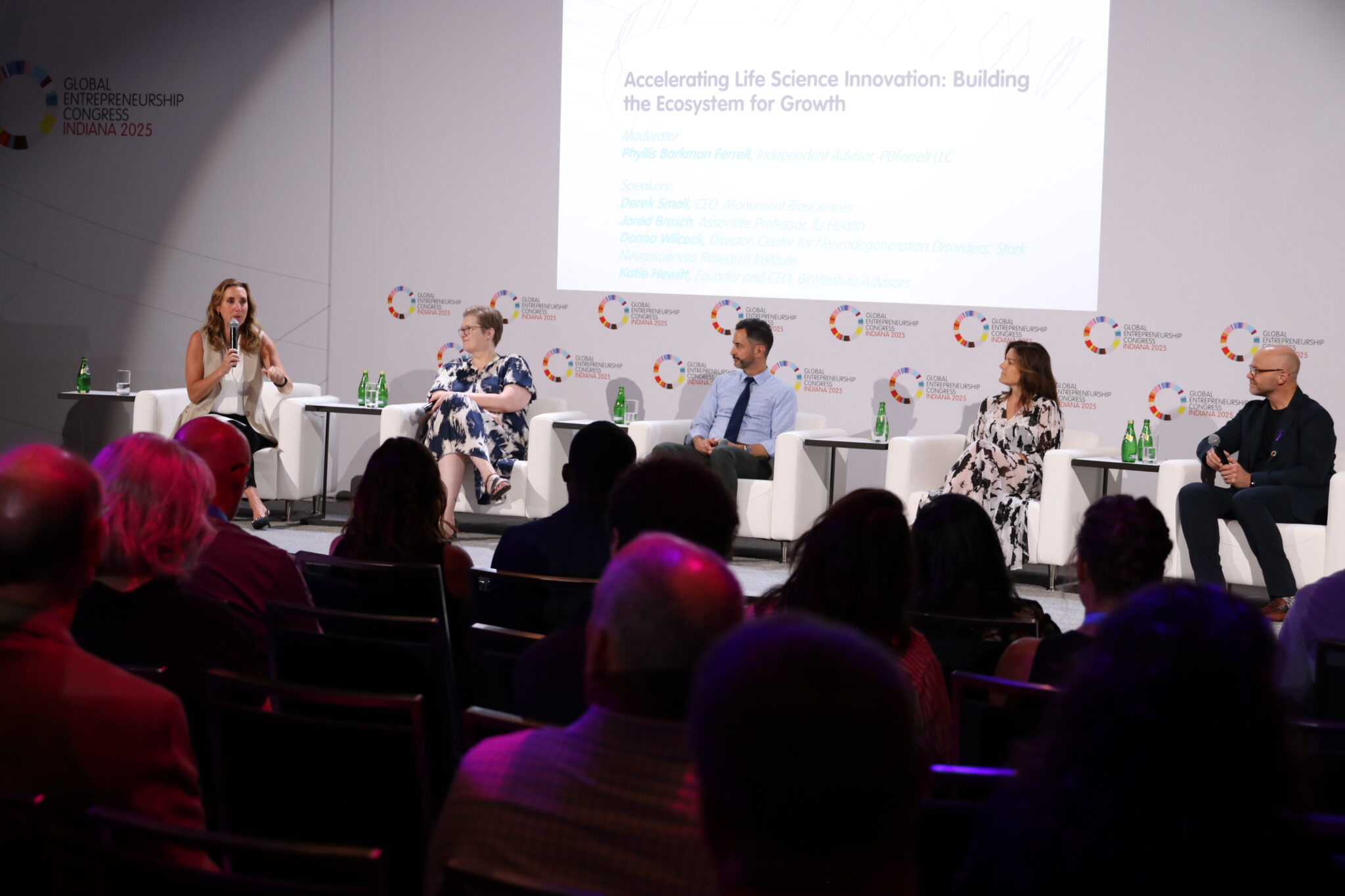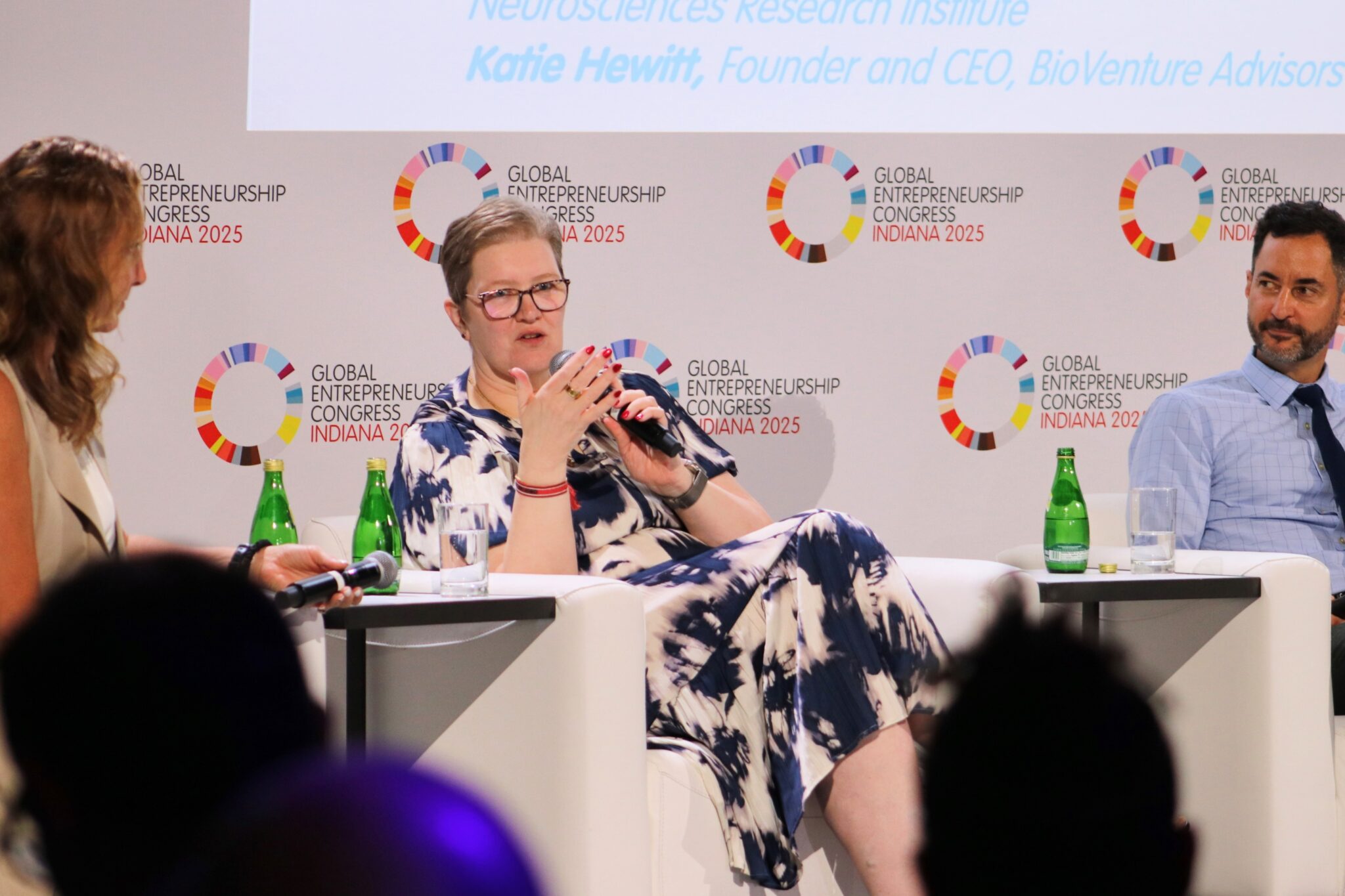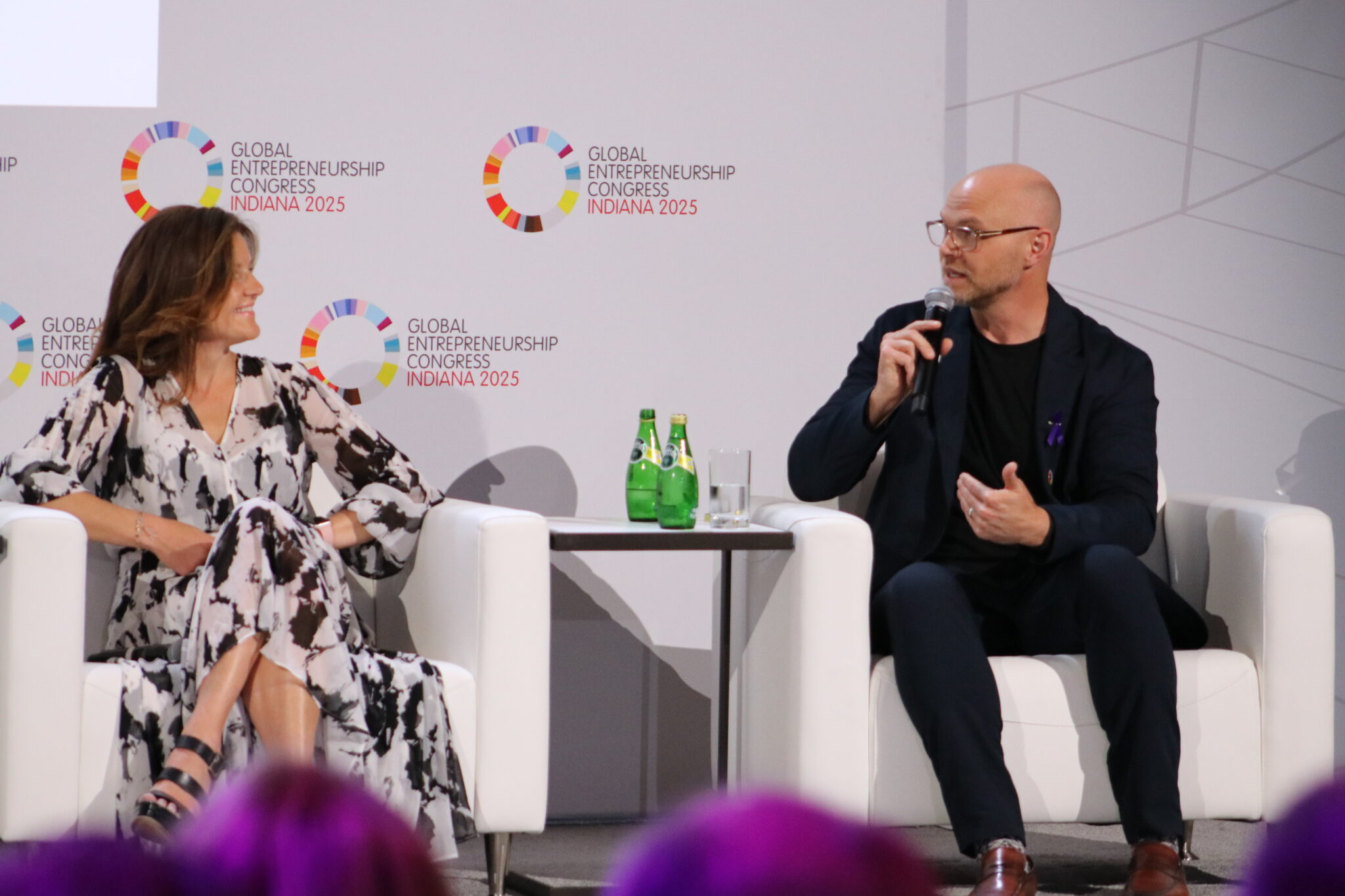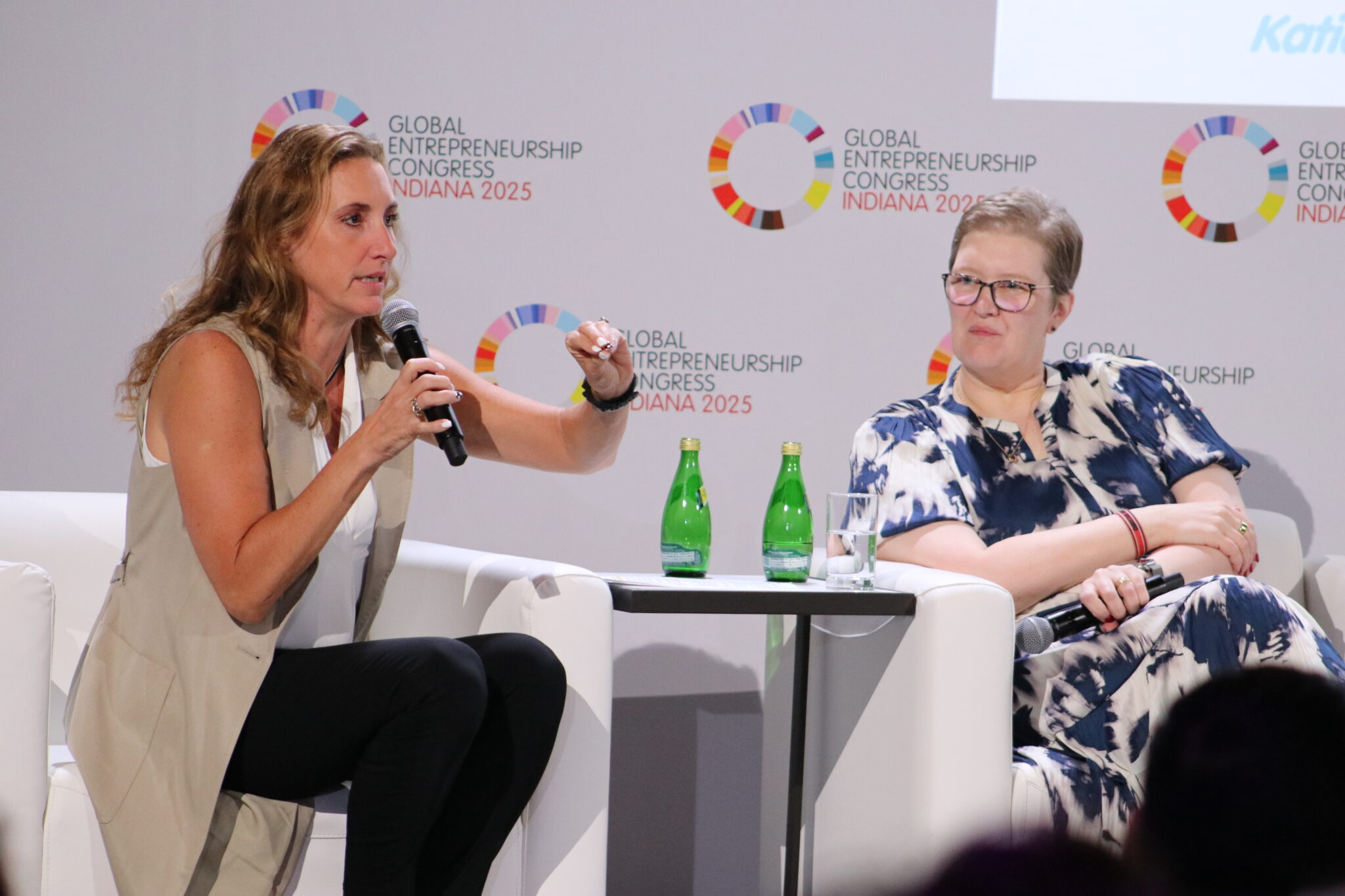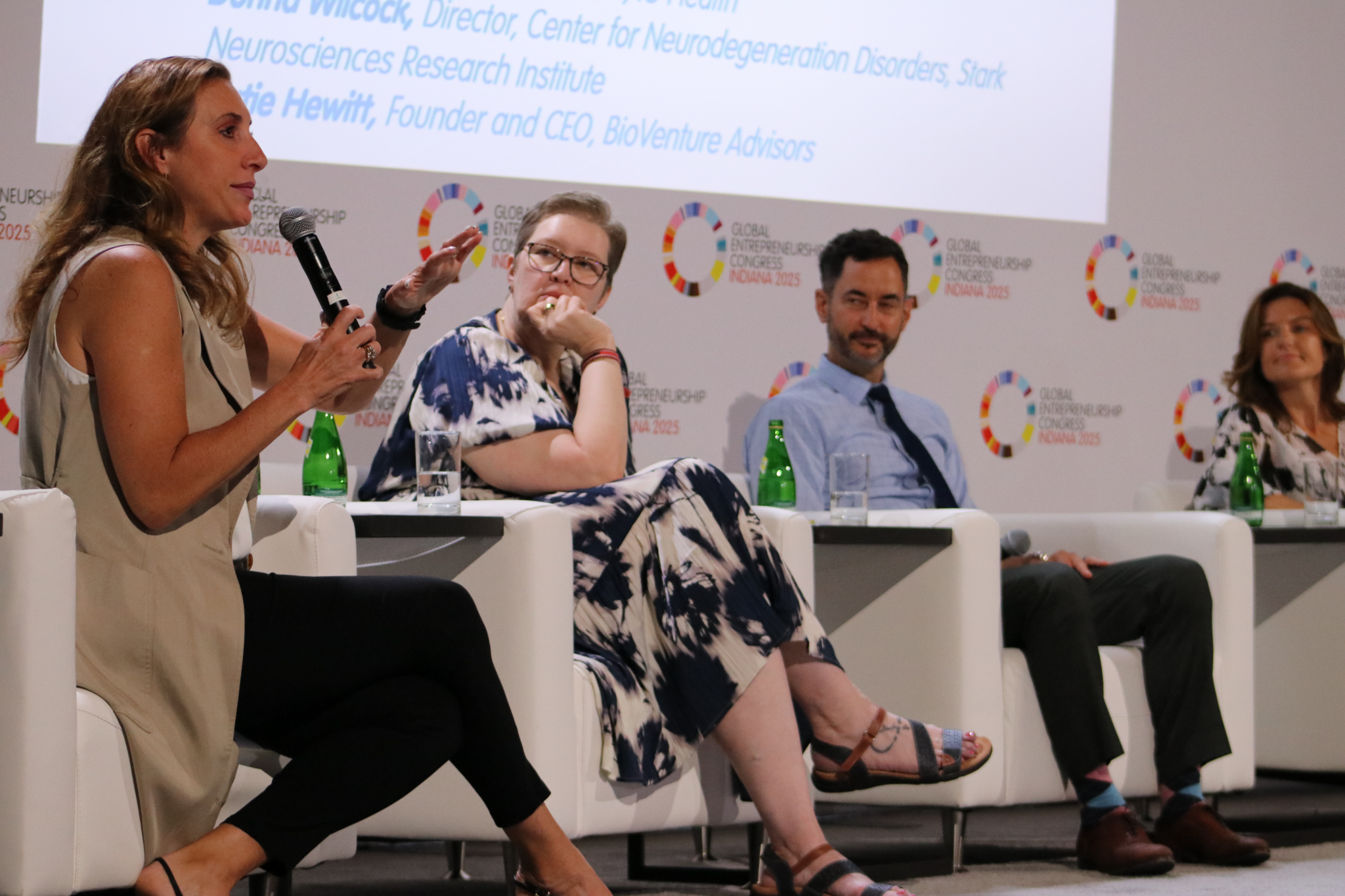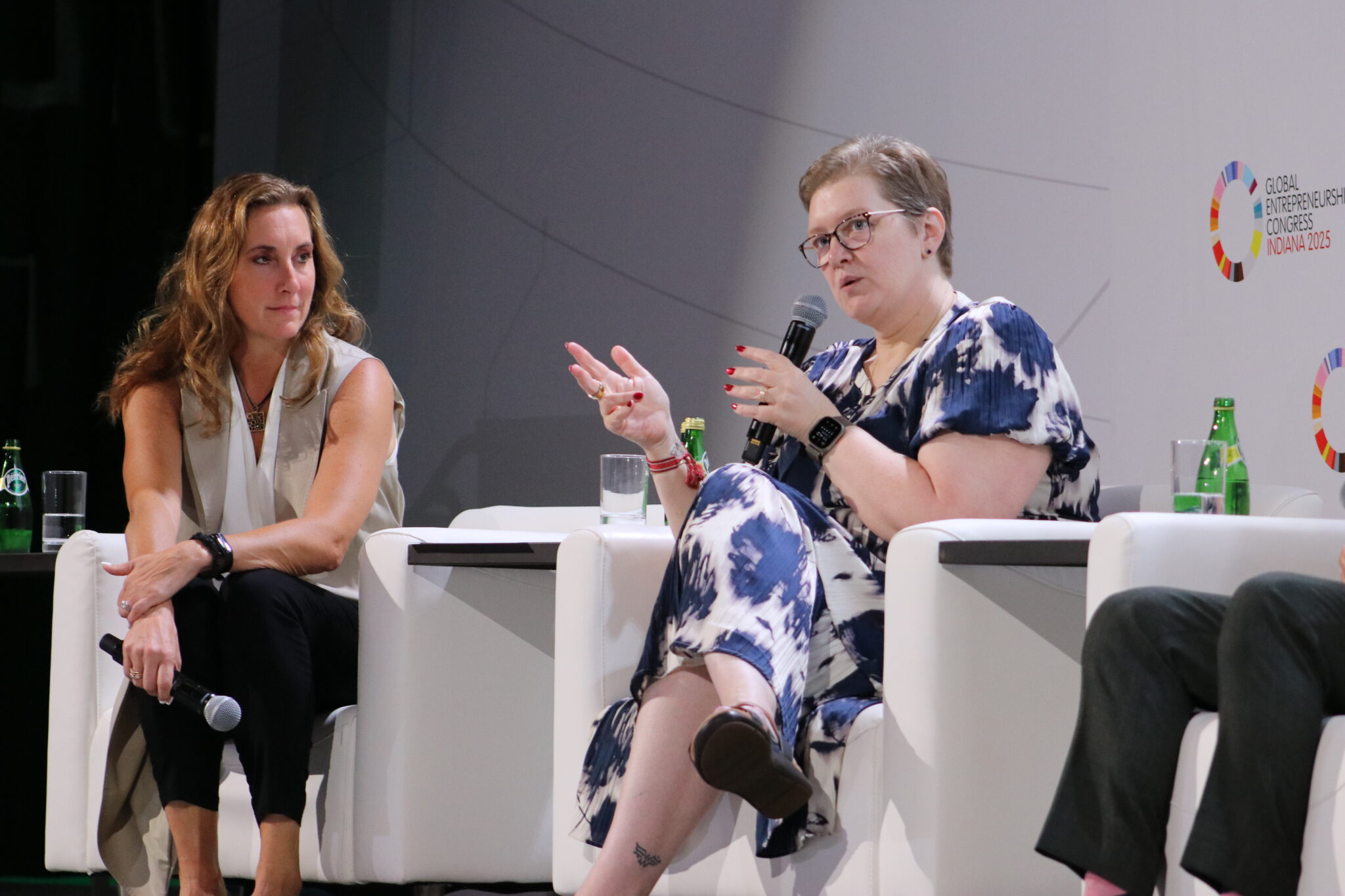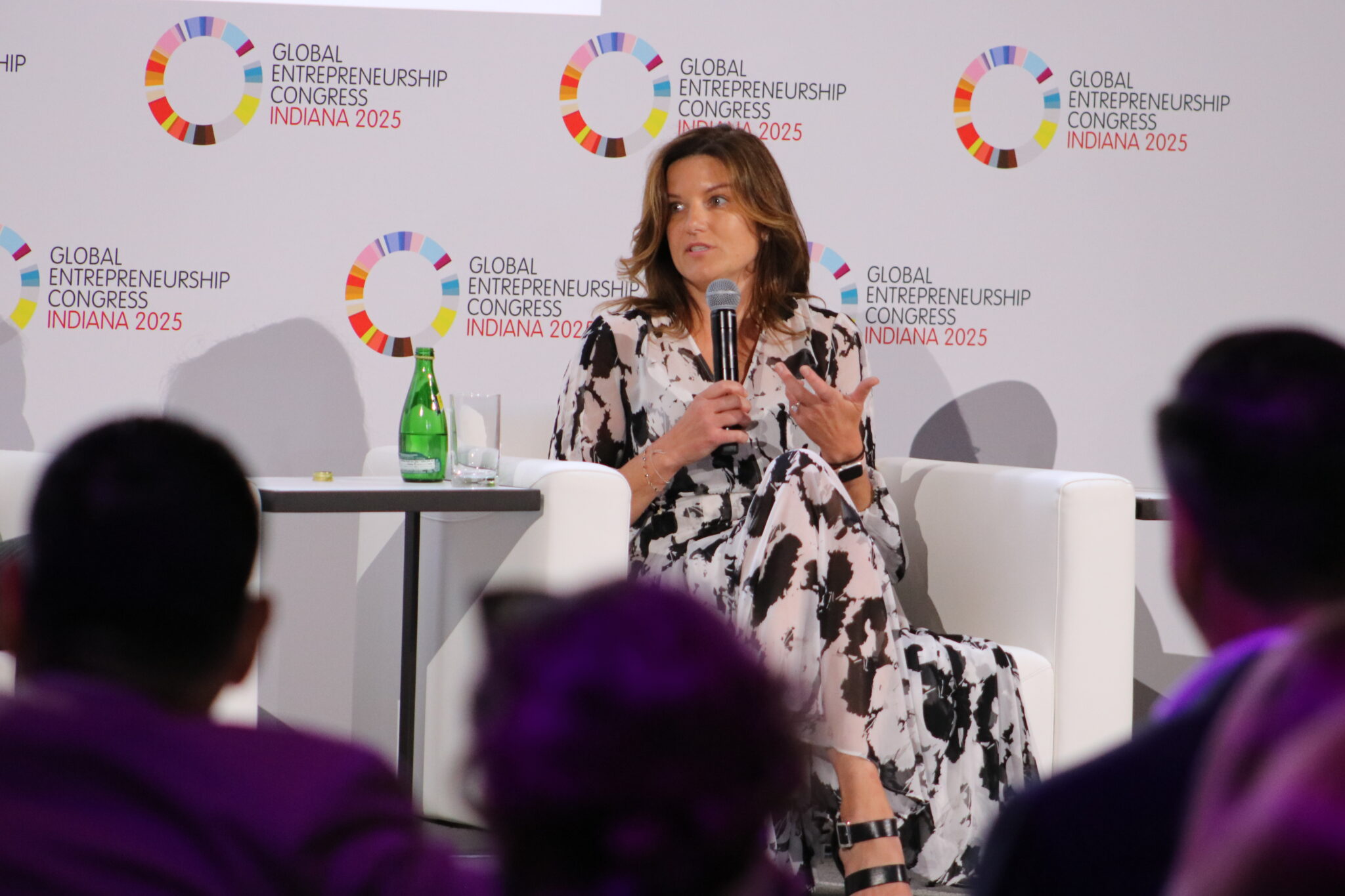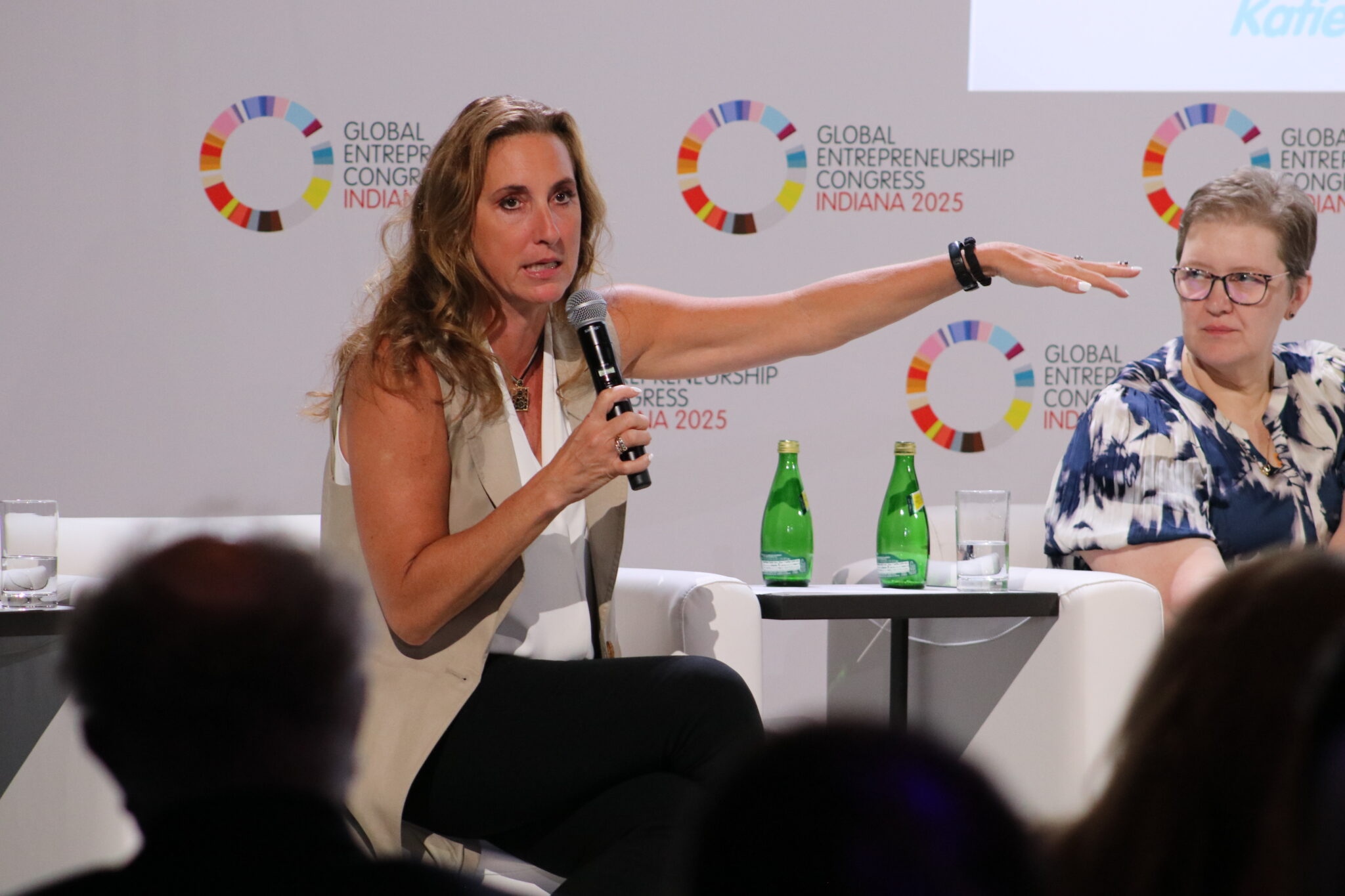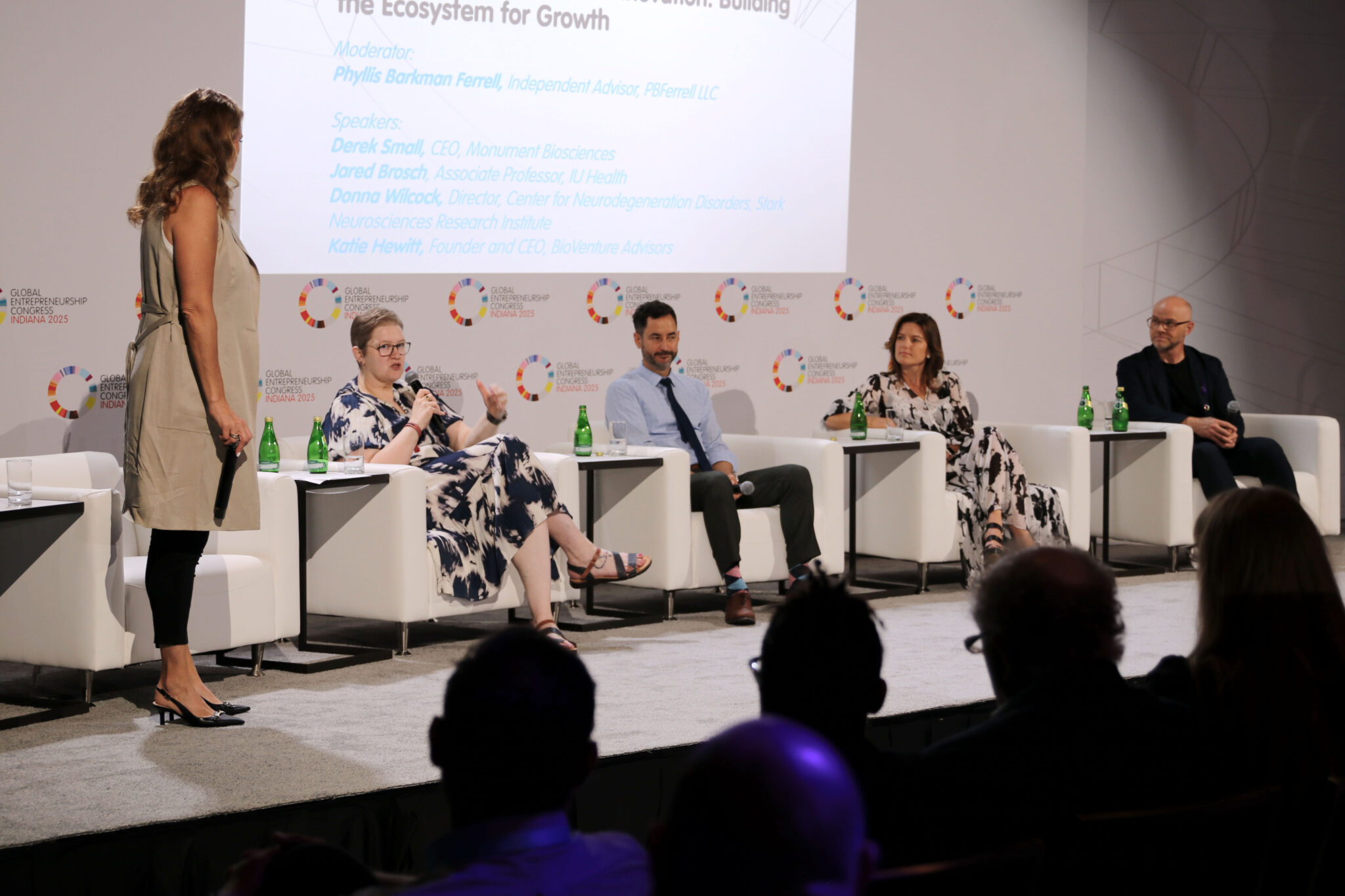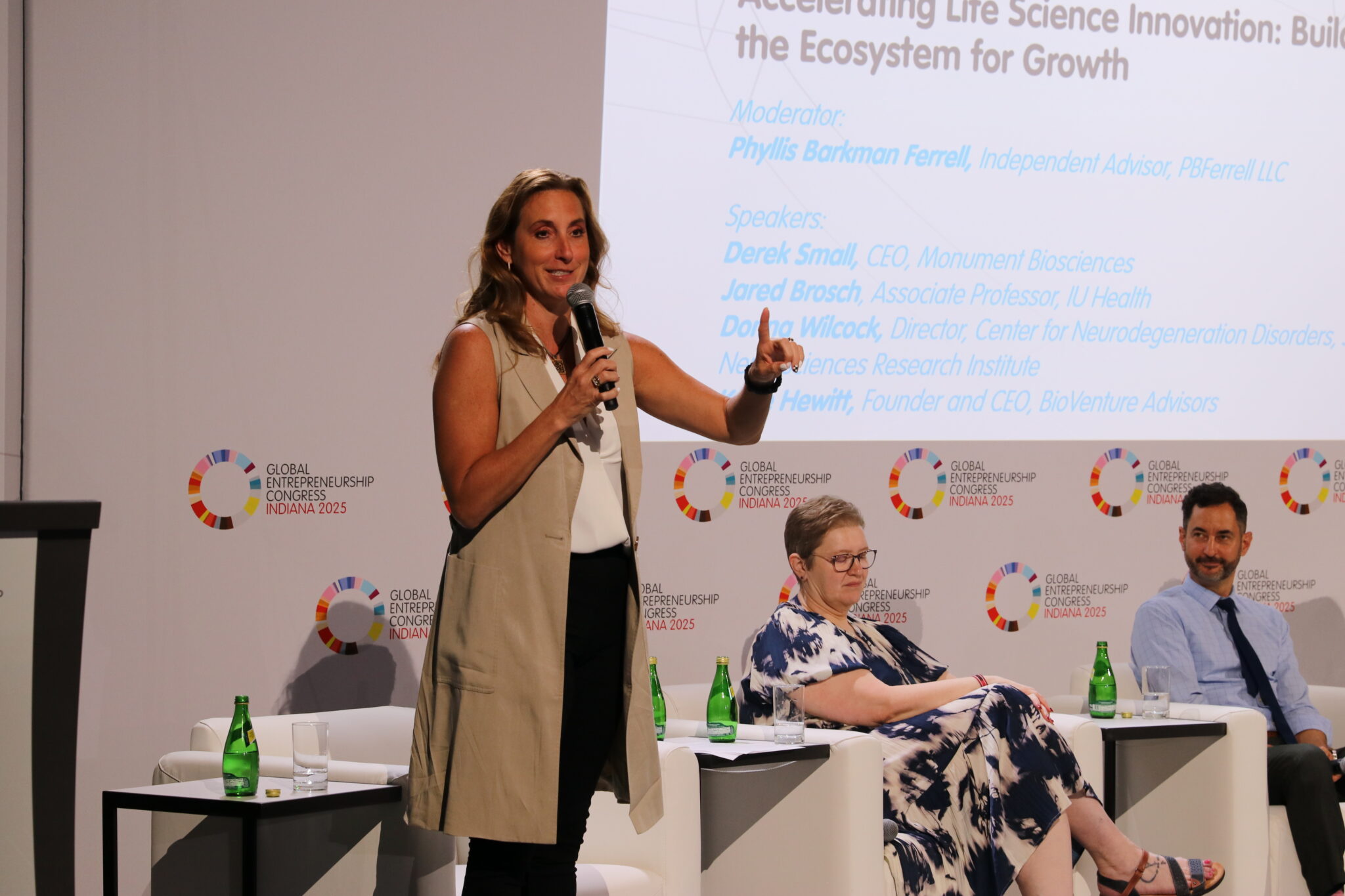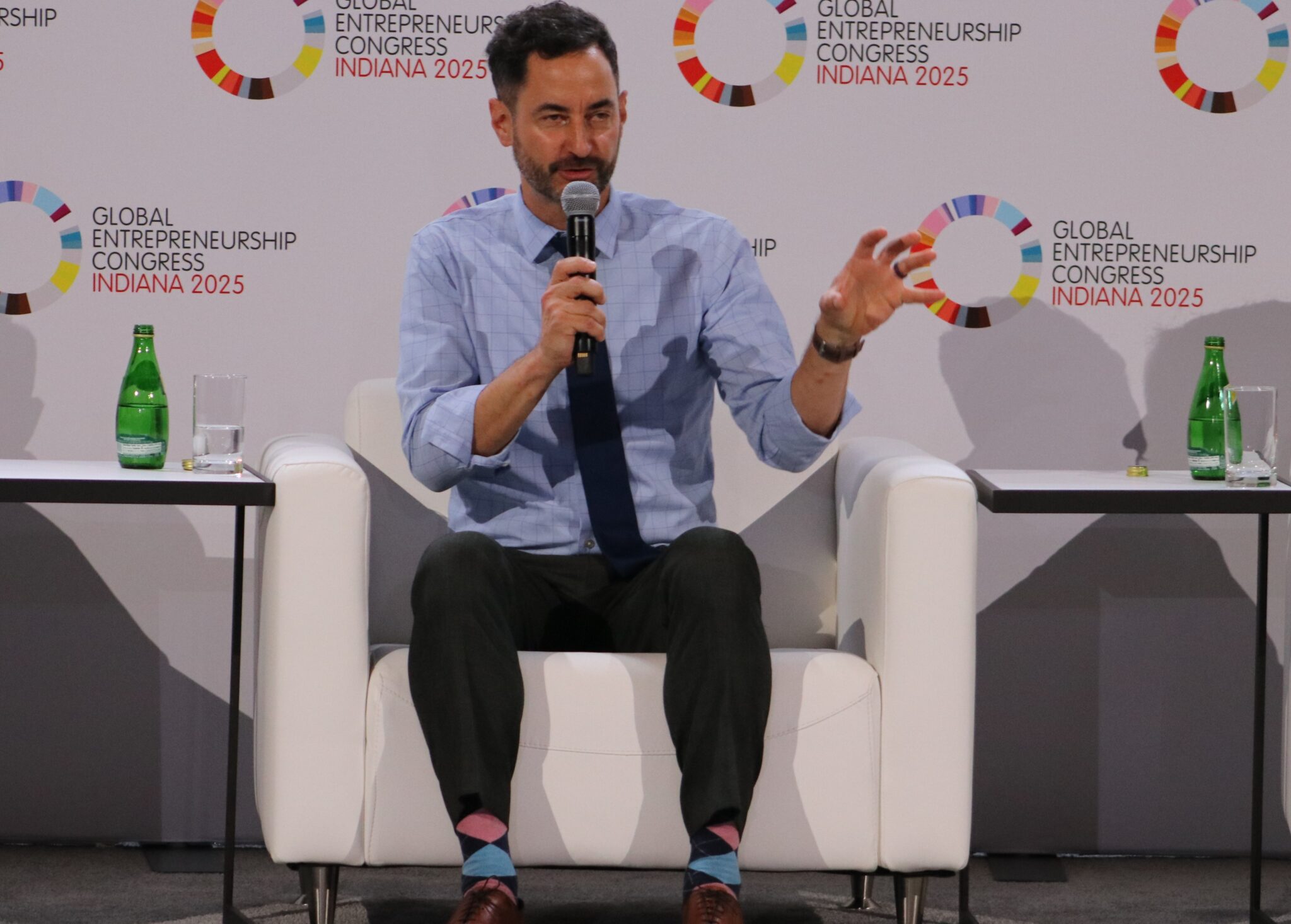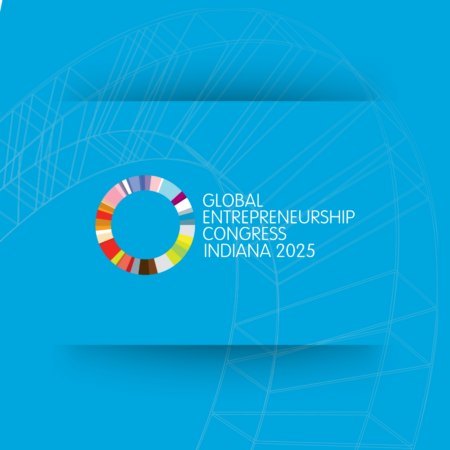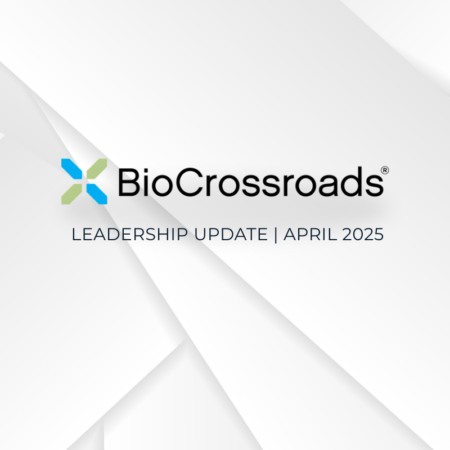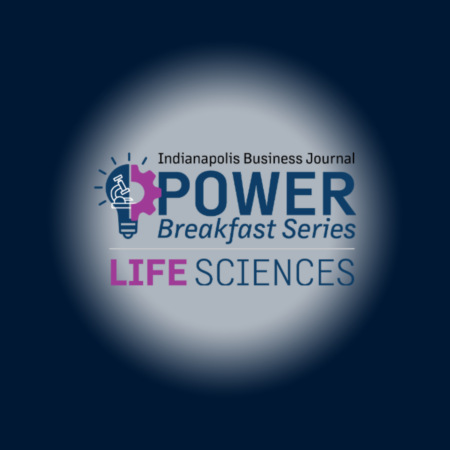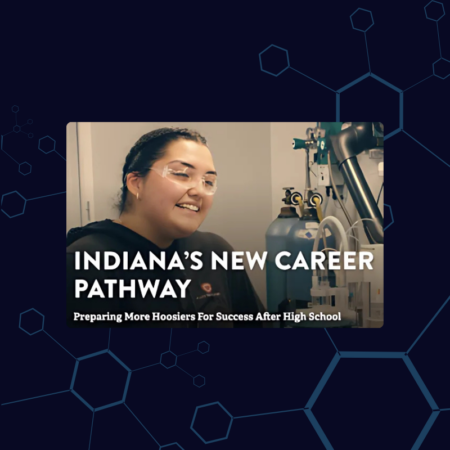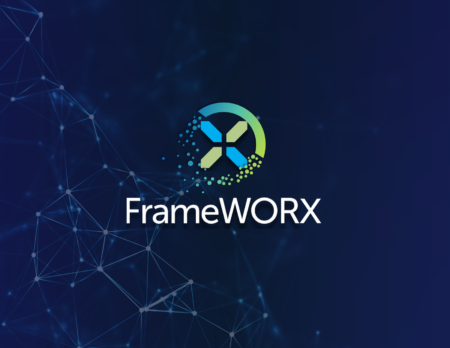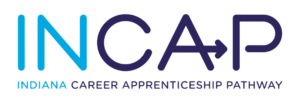Grants from the Fairbanks Foundation to fund formation of industry “talent associations” as critical step for new pathway’s goal of welcoming students as early as 2025-2026 school year
INDIANAPOLIS – A new professional education and training pathway for Hoosiers rooted in a youth apprenticeship experience starting in high school is one step closer to reality. Today, the Richard M. Fairbanks Foundation announced over $1 million in grants to fund the next steps of the CEMETS iLab Indiana strategic plan to build a new path that could welcome students in at least one occupation as early as the 2025-2026 school year.
The Fairbanks Foundation is awarding grants to two Indiana organizations to launch industry “talent associations,” which are organizations that enable employers within their industry to speak with one voice when it comes to their talent needs. The talent associations will work with employers to select occupations, identify the required knowledge, skills, and competencies, and collaborate with educators to develop education and training content.
CEMETS iLab Indiana, a coalition of more than 200 leaders representing a variety of sectors including business, K-12 education, higher education, and government, identified the creation of talent associations as the most critical priority of their strategic plan to build the new professional education and training pathway. The new pathways created by the talent associations will serve thousands of Hoosiers – including those who otherwise may not have opted to attend college or pursue training after high school – while also creating a new talent pipeline for employers.
“The need for this new way to access professional education and training is clear. By 2031, 72% of U.S. jobs will require education beyond high school, but only 39% of Indiana adults 25 or older have an associate degree or higher,” said Claire Fiddian-Green, president & CEO of the Fairbanks Foundation and co-chair of CEMETS iLab Indiana. “The Fairbanks Foundation is proud to fund critical next steps in building an approach that prepares students for careers and addresses Indiana’s workforce shortages.”
The first set of talent associations are within industries facing projected talent shortfalls that also have the strong support of industry executives. To fund the creation of talent associations in healthcare, life sciences, and advanced manufacturing and logistics, the Fairbanks Foundation has awarded two-year grants of up to $250,000 to the organizations identified by iLab members as best positioned to readily assume the talent association function:
- BioCrossroads: Healthcare talent association – $200,000
- BioCrossroads: Life sciences talent association – $200,000
- Conexus Indiana: Advanced manufacturing and logistics talent association – $250,000
The grants are contingent upon each organization’s ability to secure matching funds for the talent associations from employers within their industries.
“While there is no one solution, the Indiana Apprenticeship Pathway can help open the doors for everyone to achieve their individual economic and career dreams,” said Melina Kennedy, CEO of the Central Indiana Corporate Partnership (CICP) and member of the iLab’s Governing Committee. “With their deep connections and understanding of the manufacturing, healthcare, and life sciences industries in Indiana, BioCrossroads and Conexus Indiana are a natural choice to serve as the talent associations to ensure the right occupations and skills are initially targeted for this initiative to be a success. They will work alongside Ascend Indiana, CICP’s talent initiative and iLab project partner, and many other partners across the state to address the persisting skills gap and talent availability.”
Alongside talent associations in healthcare, life sciences, and advanced manufacturing and logistics, plans are underway for a talent association in the banking industry to be operated by the Indiana Bankers Association. The Fairbanks Foundation expects to award a similar grant to IBA in early 2025.
“For years, our bankers have been going into schools to teach financial literacy to Hoosier children. We couldn’t be more excited to take those efforts to the next level with an immersive apprenticeship model for Indiana’s high school students, setting them up for a lifetime of success,” said Amber Van Til, president & CEO of the Indiana Bankers Association and member of the iLab’s Governing Committee.
In addition to the talent association grants, the Fairbanks Foundation has also awarded a two-year, $425,000 grant to the Center on the Economics and Management of Education and Training Systems (CEMETS) at the Chair of Education Systems, ETH Zurich, for continued consulting and technical assistance, both in the U.S. and in Switzerland.
Work is underway to implement the other three priorities of the CEMETS iLab Indiana strategic plan, with the goal of welcoming students in at least one occupation as soon as the 2025-2026 school year. Read more at ilabindianastrategicplan.org.
# # #
About the Richard M. Fairbanks Foundation
Since 1986, the Richard M. Fairbanks Foundation has strived to advance the vitality of Indianapolis and the well-being of its people by addressing the city’s most significant challenges and opportunities. Through strategic grantmaking, research and evaluation, and cross-sector collaborations, the Foundation aims to improve outcomes across its three focus areas: Education, Health, and the Vitality of Indianapolis. Learn more at RMFF.org.
